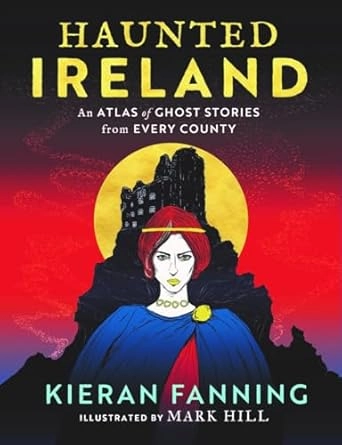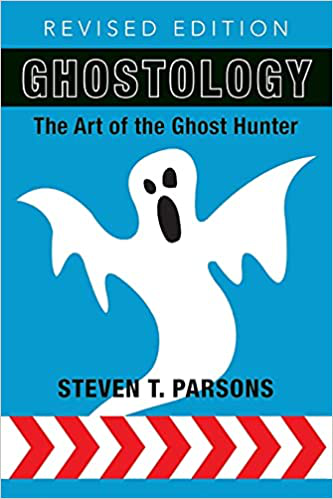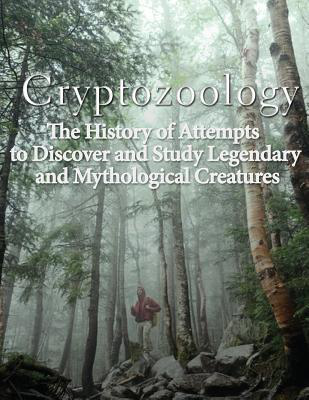App'solutely a Ghost
Ghost/Paranormal
Sunday 21st, November 2021
4 minute read.
After watching a documentary recently called 'In Search of the Dead' it brought up many questions of how the majority of people conduct investigations and the bias that is inherently built into most paranormal investigators. These things I have seen first hand on many investigations I've been present on over the years.
When a experience occurs it's almost always corroborated by another individual that is also present, it seems it's always a case of positive reinforcement, which then makes the original experiencer and other witnesses more giddy and excited to have their own experience or to be 'part of the group' with the next experience reported. This area is a rabbit hole that deserves it's own discussion, for another time.
One of the main things that twigged my attention while watching the 'In Search of the Dead' documentary was the use of mobile phone or tablet apps (small software applications that run on a phone or tablet device) and the revered status and trust they are given by the teams using them.
The team in the documentary was called Project Paranormal and they used a couple of different apps that throw or 'random' words and/or phrases. The use of the word random is the first thing that throws up questions and then secondly the apps are most likely running in the background, what's to say the apps aren't recording the surrounding discussion/chat and then replaying these words/phrases later.
Let's look at the second issue that came up first, the apps potentially running in the background of the device before, during and after the investigation. As a lot of people know Android and Apple operating systems are listening all the time, one of the explanations for this is for the device to be able to catch the keyword to enable voice control on the device. The second thing we also know is that these devices collect a lot of metadata about conversations around the device and all other ambient noise.
With these two 'features' in our heads, what's to say that days prior to an investigation, one of the researchers isn't doing research on the device, using the internet and searching about the location or event, where the investigation is taking place at when the app is used for the random word/phrase generator.
Next the use of the word 'random' in the random word/phrase generator. In the world of software development a lot of people know that random isn't really random, that patterns can be found in long term use of these random generators.
The two points above bring the discussion point right back to, are the investigators actually hearing what is being produced by the random word/phrase apps or is it a case of pareidolia, hearing something from nothing. Because at the end of the day no matter what any investigator in the world says, they would not spend all the time and effort invested in something if they didn't have the slightest bit of belief or hope that what they're doing is true and real.
Honestly I don't trust anything software related that says it can be used to help communicate or prove the existence of a force we don't understand, the apps were developed under the understanding that random is actually random which we know know isn't the case and the users of the device most likely don't understand how an apps code works and can't see what it's really doing when it runs.
The key takeaway here is don't use apps for any type of paranormal investigation or to prove the existence of ghosts as the chances are very high you will be adding further evidence to help skeptics debunk anything you 'find' using these apps.
When a experience occurs it's almost always corroborated by another individual that is also present, it seems it's always a case of positive reinforcement, which then makes the original experiencer and other witnesses more giddy and excited to have their own experience or to be 'part of the group' with the next experience reported. This area is a rabbit hole that deserves it's own discussion, for another time.
One of the main things that twigged my attention while watching the 'In Search of the Dead' documentary was the use of mobile phone or tablet apps (small software applications that run on a phone or tablet device) and the revered status and trust they are given by the teams using them.
The team in the documentary was called Project Paranormal and they used a couple of different apps that throw or 'random' words and/or phrases. The use of the word random is the first thing that throws up questions and then secondly the apps are most likely running in the background, what's to say the apps aren't recording the surrounding discussion/chat and then replaying these words/phrases later.
Let's look at the second issue that came up first, the apps potentially running in the background of the device before, during and after the investigation. As a lot of people know Android and Apple operating systems are listening all the time, one of the explanations for this is for the device to be able to catch the keyword to enable voice control on the device. The second thing we also know is that these devices collect a lot of metadata about conversations around the device and all other ambient noise.
With these two 'features' in our heads, what's to say that days prior to an investigation, one of the researchers isn't doing research on the device, using the internet and searching about the location or event, where the investigation is taking place at when the app is used for the random word/phrase generator.
Next the use of the word 'random' in the random word/phrase generator. In the world of software development a lot of people know that random isn't really random, that patterns can be found in long term use of these random generators.
The two points above bring the discussion point right back to, are the investigators actually hearing what is being produced by the random word/phrase apps or is it a case of pareidolia, hearing something from nothing. Because at the end of the day no matter what any investigator in the world says, they would not spend all the time and effort invested in something if they didn't have the slightest bit of belief or hope that what they're doing is true and real.
Honestly I don't trust anything software related that says it can be used to help communicate or prove the existence of a force we don't understand, the apps were developed under the understanding that random is actually random which we know know isn't the case and the users of the device most likely don't understand how an apps code works and can't see what it's really doing when it runs.
The key takeaway here is don't use apps for any type of paranormal investigation or to prove the existence of ghosts as the chances are very high you will be adding further evidence to help skeptics debunk anything you 'find' using these apps.



